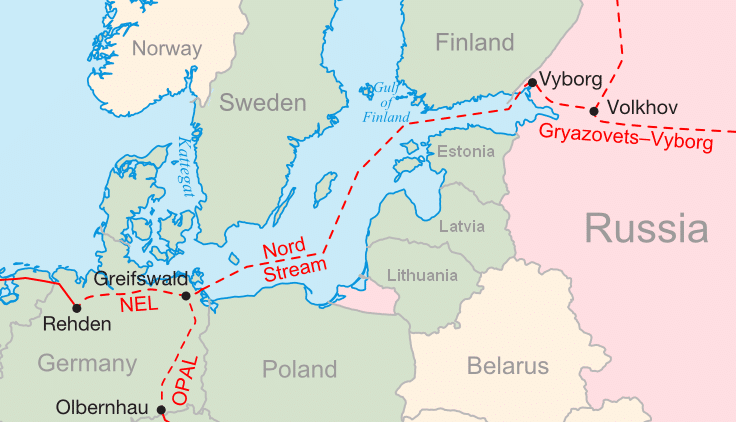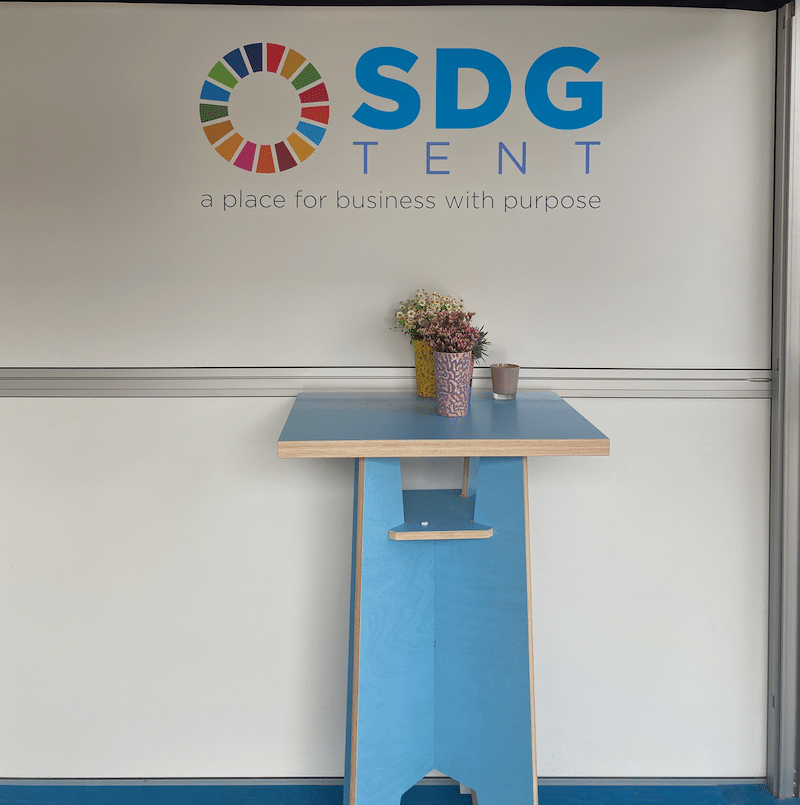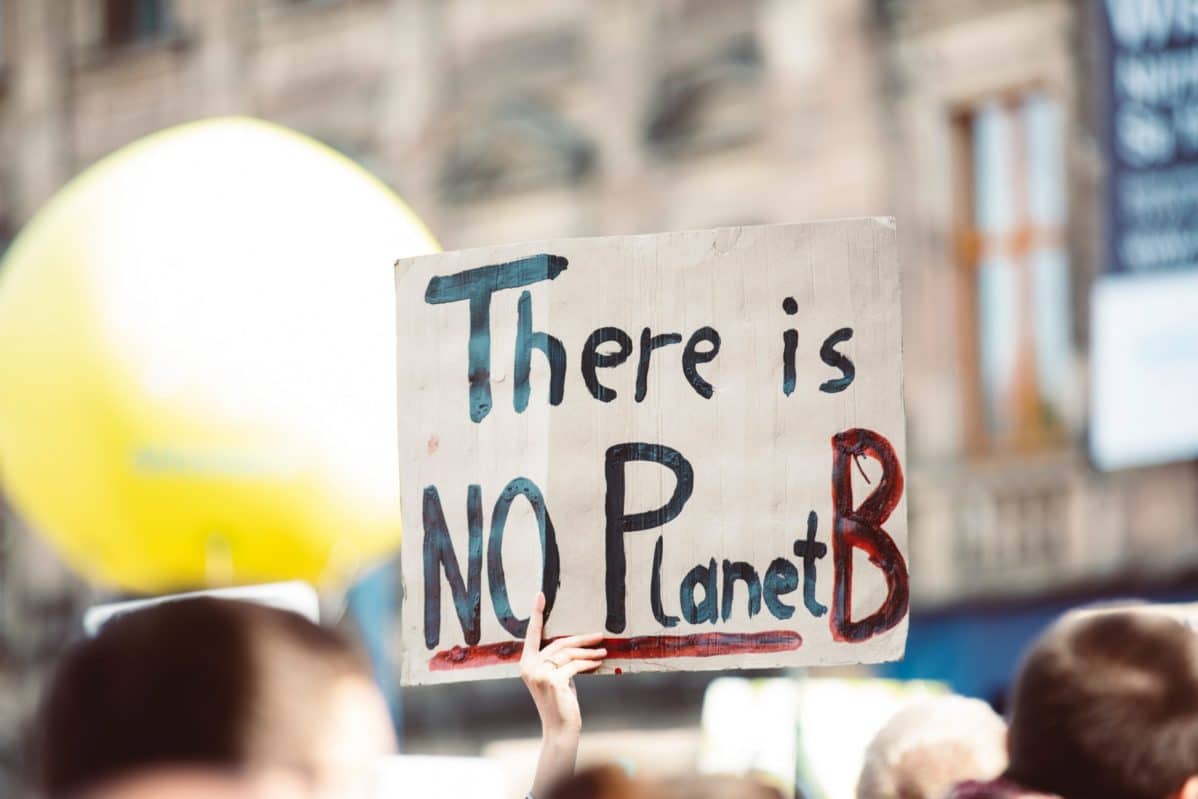Question: What do you call an energy project that undermines NATO’s collective security, puts politics ahead of commercial interests and fuels greenhouse gas emissions?
Answer: The Nord Stream 2.
Russia’s politically driven natural gas pipeline aims to bypass Eastern Europe and get Germany even more hooked on Russian energy imports – and fossil fuels – as Berlin wraps up its unnecessary shutdown of its nuclear power plants.
NATO members Poland, Estonia, Latvia and Lithuania; non-aligned Ukraine and even Russian ally Belarus have good reason to fear the 1,200-km pipeline through the Baltic Sea. Afterall, Russia has a track record of weaponizing energy exports for political ends since it attempted to crush the Baltic States’ independence bids with an oil blockade in 1990.
According to a study by Rice University’s Baker Institute for Public Policy, Moscow has cut off crude oil and natural gas supplies to (or price gouged) neighboring countries at least 15 times from 1990 to 2015 amid political tensions. By bypassing Eastern Europe, the undersea Nord Stream 2 enables Moscow to “freeze out” Eastern Europe at a moment’s notice without cutting off energy supplies to Germany.
Once in service, Nord Stream 2 will be capable of transporting 55 billion metres of gas per year, doubling the capacity of the existing Nord Stream pipeline. This will no doubt make Europe’s largest economy (and polluter) Germany become more addicted to Russian energy as natural gas fills the void of retiring generation capacity from Germany’s nuclear and coal-fired power plants.
Through cheap gas or gas cutoffs, Russia aims to increase its leverage over Germany, neighboring countries and by extension NATO. The North Atlantic Treaty Organization cannot afford to allow its member states to fall under Moscow’s sway or become vassal states again. The undermining of the energy security and national sovereignty of NATO allies will make collective defense more difficult.
Russia could potentially use Nord Stream 2 as leverage to price gouge Eastern Europe or even blackmail NATO members into not meeting the alliance’s defense spending targets of at least 2% of GDP. NATO recognizes the vital importance of energy security as part of its collective defense mission. While some countries may still pretend that commercial interests fuel Russia’s energy projects, others are not so naive.






